Organizational Support & Capacity Building
See all our Human Centred Approach trainings below
1. Becoming a Trauma-Informed Organization (3hr)
Description:
This highly interactive three-hour session supports organizations looking to introduce a mindset that supports new ideas and elements that take an idea to action. This session is an innovative and inspiring way to kick off a work event or give a reset to a team struggling to come up with new ideas. Based on research, this session pushes people to think outside the box as well as find a way to give their ideas a language that can be translated into action. Albert Einstein sums it up best in his quote, “We can’t solve problems by using the same thinking we used when we created them.”
Objectives:
- Connect elements of relationship to brain science and patterns that we experience when generating ideas.
- Create ideas using an intentional process that helps give an idea transferability.
- Energize to move an idea to action.
- Explore the process of “fail forward” and how that supports the realization of ideas to practice.
Related:
Compassion to ActionTM (6hr)
Transforming Practice through Trauma-Informed Principles (12hr)
2. Building Psychological Safety in the Workplace (12hr)
Description:
Writer Annie Dillard said, “How we spend our days is, of course, how we spend our lives.” Many of us spend a large portion of our day at work. In fact, the average person will spend 90,000 hours at work over a lifetime. It is safe to say that your job greatly impacts your quality of life. In this two-day session, we talk about the role of the internal narrative that accompanies the workloads, relationships and challenges faced within the work environment. The session includes interactive activities, research on psychological safety and a toolkit full of activities and assessments that you can use to move from existing to thriving at work.
Objectives:
- Create a safe environment to learn from the wisdom in the room and use trauma-informed practices to engage in uncomfortable conversations in a safe way.
- Explore the foundations and application of psychological safety as it relates to inclusion, learning, contribution, and challenging environments.
- Employ practical workplace strategies and interventions to prioritize self-advocacy and agile conversations.
- Discuss real-time challenges and opportunities to support a healthy and sustainable work environment.
Related:
Fostering Reflective Practice in the Workplace (6hr)
Strategies for Reflective Supervision (6hr)
Understanding Unconscious Bias (6hr)
3. Group Facilitation: Introduction (6hr)
Description:
This one-day training is for anyone who leads groups in learning, formally or informally. The foundational skills of facilitation will be covered, including creating a safe group environment, monitoring, and debriefing activities, delivering content, and effectively engaging in challenging group situations. Both in-person and virtual facilitation will be discussed. The final portion of the day will be spent putting these skills to use, so come prepared to practice!
Objectives:
- Describe elements of a safe and comfortable learning environment.
- Discuss the implementation of learning principles for effective facilitation.
- Demonstrate how to introduce, monitor, and debrief activities.
- Develop strategies for engaging with challenging situations.
- Apply facilitation skills and strategies in group practice sessions.
Related:
Group Facilitation: Using Brain Science and Storytelling (6hr)
Group Facilitation: The ART of Trauma-Informed Facilitation (6hr)
4. Group Facilitation: Using Brain Science and Storytelling (6hr)
Description:
This one-day training is for experienced facilitators looking to engage in facilitation even more effectively. Utilizing brain science, participants will explore a lens of being kind, empathetic and generous in their facilitation. A focus on implementing storytelling while exploring their own special facilitation tools and skill sets will also be explored. This training is heavily interactive, focusing on practice and participation as learning tools, so come ready to dive in!
Objectives:
- Utilize brain science and storytelling to engage groups more fully with intentional emotional experiences that support content learning.
- Celebrate and share participants' own unique facilitation skills and style.
- Practice using facilitation skills.
Related:
Group Facilitation: Introduction (6hr)
Group Facilitation: The ART of Trauma-Informed Facilitation (6hr)
5. Group Facilitation: The ART of Trauma-Informed Facilitation (6hr)
Description:
This training equips facilitators with tools to engage participants using trauma-informed Approaches, Responses and Techniques (ART). Trauma-informed facilitation creates brave spaces for individuals to integrate information and share their experiences in ways that support authentic connections with themselves and others. Using scaffolding techniques, facilitators will learn how to build safety in the room, engage participants respectfully when disclosures happen and create brave spaces for discomfort and shift to happen.
Objectives:
- Explore human awareness as the foundation for creating a trauma-informed facilitation style.
- Examine the principles of trauma-informed care as they relate to the Approach, Response and Technique of facilitation.
- Discover the wisdom in the room regarding tools and sustainability to limit harm and engage learning.
Related:
Group Facilitation: Introduction (6hr)
Group Facilitation: Using Brain Science and Storytelling (6hr)
6. Strategies for Reflective Supervision (6hr)
Description:
As a supervisor, have you ever felt you wear so many hats that you lose track of the opportunities for making meaningful connections with your staff? This session is designed to support a variety of strategies and practices to support supervisors in holding quality spaces/practices to support staff with a human-centred approach. Research supports that the quality of the relationship an employee has with their supervisor is a large part of retaining that staff. In this session, we work to provide supervisors with perspectives and tools to manage the relationship, not just the duties.
Objectives:
- Explore ways to identify what creates a quality reflective space.
- Examine ways to distinguish between different supervisory spaces and understand when to use them.
- Explore the risks and pitfalls in reflective relationships and how to minimize them.
- Discuss the wisdom in the room related to tools in their toolbox for supporting difficult conversations and asking reflective questions.
Related:
Creating Healthy Professional Boundaries (6hr)
Fostering Reflective Practice within the Workplace (6hr)
7. Supporting Neurodiversity in the Workplace (3hr)
Description:
Research which focuses on a neurodiversity perspective rather than a neural-deficit model is still in its infancy and, so far, lacks practical advice for organizations wanting to foster work environments in which neurodiverse employees can thrive. This workshop aims to bridge the gap between research/theoretical frameworks and real-world practice by marring the neurodiversity research literature together with an individualized and contextualized strengths-based approach. By adopting a neurodiversity perspective where neurodivergence is embraced as a natural variation of human neurocognition, leaders and team members alike will be able to better harness the potential of neurodiverse staff by utilizing a human-centred approach and meeting individuals where they are.
Objectives:
- Examine terms related to a neurodiversity perspective and supporting frameworks.
- Explore ways to support neurodiversity in the workplace.
- Share strategies and lived experiences related to creating a human-centred, strength-based approach for people living with neurodiversity.
Related:
Understanding ADHD in Children (3hr)
8. Workplace Culture and Playfulness (3hr)
Description:
Sometimes life can become more about surviving than thriving, and in this training, we take a closer look at the role play has in managing stress and challenges. As a group, we will explore brain science connected to the value of adults using play as a tool at work and home. The fact that play promotes brain organization as well as can help people rebound from disappointment is critical during the demands of our current world circumstances. The session is based on the research of Dr. Stuart Brown, the founder of the National Institute for Play.
Objectives:
- Explore brain science related to the stress cycle and restoration of the nervous system.
- Explore and connect the value of play in adult environments.
- Provide practical tools for adults to play in their work/home environments.
Related:
Team Collaboration Using LEGO® Serious Play® Method (6hr)
Contact us
Address
7 Sir Winston Churchill Sq NW, Edmonton, AB, Canada
780-428-9465
info@imagineinstitute.ca


